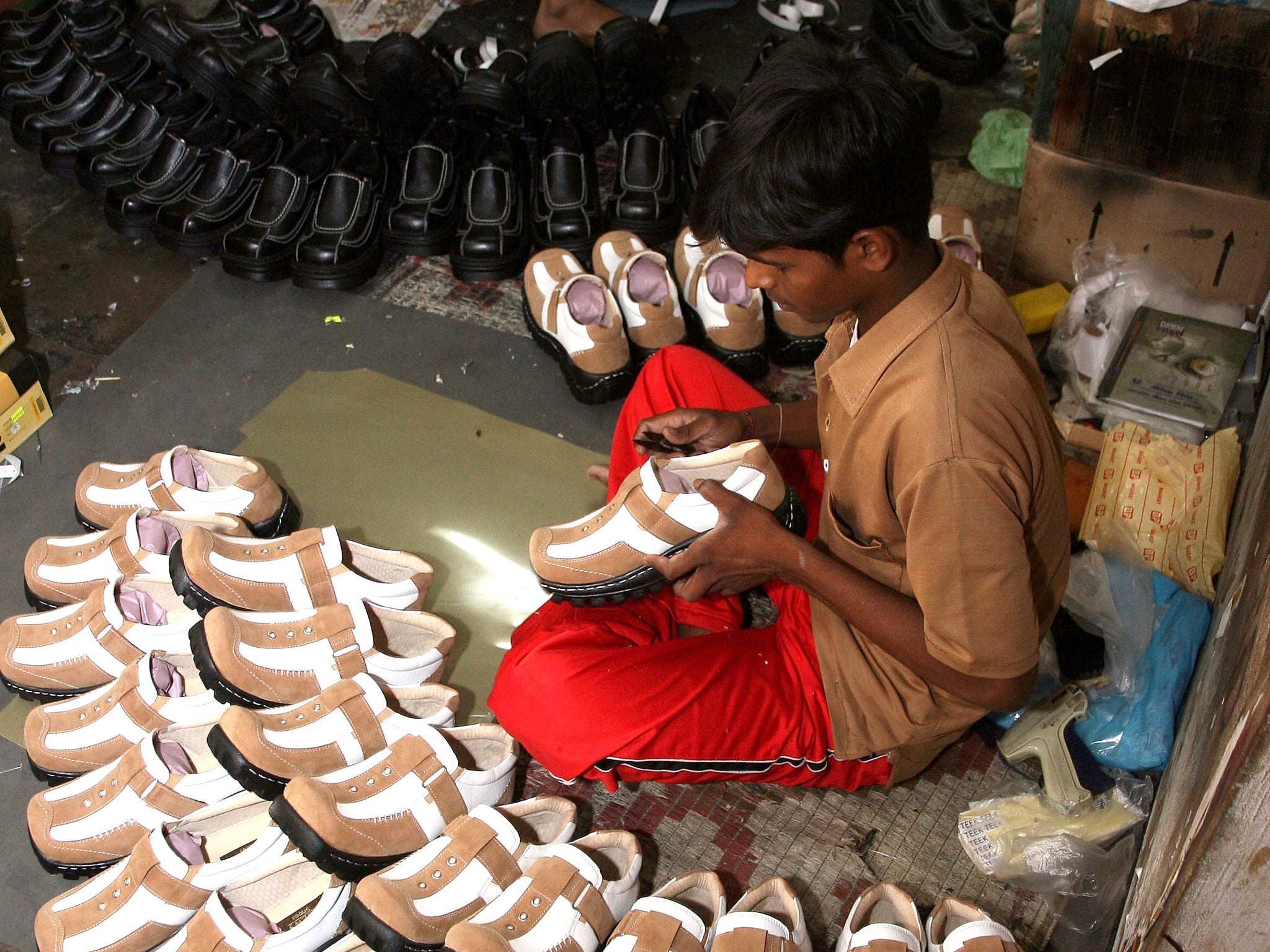The Living by Anjali Joseph, book review: The drama of our inner lives
Anjali Joseph writes a daring kind of novel, however quiet it seems

Your support helps us to tell the story
From reproductive rights to climate change to Big Tech, The Independent is on the ground when the story is developing. Whether it's investigating the financials of Elon Musk's pro-Trump PAC or producing our latest documentary, 'The A Word', which shines a light on the American women fighting for reproductive rights, we know how important it is to parse out the facts from the messaging.
At such a critical moment in US history, we need reporters on the ground. Your donation allows us to keep sending journalists to speak to both sides of the story.
The Independent is trusted by Americans across the entire political spectrum. And unlike many other quality news outlets, we choose not to lock Americans out of our reporting and analysis with paywalls. We believe quality journalism should be available to everyone, paid for by those who can afford it.
Your support makes all the difference.Anjali Joseph has written a quiet book about two lives, one in England (Claire), the other in India (Arun), joined by a shared profession in the shoe trade. Its narrative plainness and subdued sense of ordinary life should not be mistaken for simplicity though. It takes artfulness to capture the minute, tender, boring, or suddenly lonely passing moments of our lives and this is what Joseph distils here, both the surface of things, and the depth of meaning that might lie beneath them.
The pace of The Living has a naturalistic sense of real-time, rather like a Dardenne Brothers or Ken Loach film, with the same emphasis on ordinary working people. The story cuts between Claire, a 35-year-old single mother who works in a shoe factory, and Arun, an elderly, ailing shoemaker and reformed alcoholic from Kolhapur, who is the imperfect father, husband and grandfather, bumbling along in an imperfect family. We meet them in the middle of their lives, and we leave them to continue them, unchanged, it seems, though there is almost constant reflection on the pain, and joys, of the past that marked them, and mark them still. Neither is there a firm resolution (happy or sad). Life simply goes on for them, all slings and arrows, but glimmers of beauty too.
Claire's world is not pinned down to a specific town in England. Her surroundings seem generic, with no sense of particular location, but this works surprisingly well in making the people around her more solid. Arun's world is much more specific as he takes a journey to his niece's wedding. His inner voice is interrogative as he reflects back on the murk of his past – where the betrayals and wrong turnings lay, how they might have been avoided – but it is Claire whose inner life feels more real, and captivating, of the two, for me.
A multidimensional interiority roves from the moment now, as Claire watches her 16-year-old son make a piece of toast, for example, or as Arun sees his brother after several years ("when we talk now, my brother and I, it's not as though we're strangers, but there's a façade of being men"), to the life-changing, painful or tender moments then, floating up from the past, so that the moment in itself is forever charged by complexity and sometimes, no small amount of wonder.
So Claire's flashbacks to her first relationship (with the father of her son, Jason) mix with the rhythms of her day and an initially halting pub romance ("I didn't want to be looked at, I wasn't ready") – while Arun's vivid memory of the almost inexplicable passion between him and his mistress bumps up against his current prostate problems and family tensions. These protagonists are both intimate, whispering their deepest thoughts, and yet never fully knowable – both to us and also, one suspects, to themselves. Arun, in his ruminations on his marriage, and maybe the limits of all intimacy, sums it up well: "Over time you get used to the unknown areas of the person you live with. They become familiar, or that's what you think." The focus on interiority – not just its richness but importantly its blandness too – reminds us, in Joseph's gently subversive form, that there is more than one way to write a novel. She shows great restraint in steering away from novelistic conventions and it requires a steely confidence to write about the smaller things (which, paradoxically, trace a line to the bigger) across an entire novel, and to let thought define the narrative arc.It is as if Joseph builds The Living from the nucleus of her characters' thoughts, big and small, to prove that life is not lived in the big dramas but in the minutes.
Joseph received praise and prizes (including a long-listing for the Man Asian Literary Prize) for her previous two novels, Saraswati Park (2010) and Another Country (2012), but this third novel is her most satisfying and accomplished, speaking its wisdom in whispers.
Fourth Estate, £12.99. Order at £10.99 inc. p&p from the Independent Bookshop
Join our commenting forum
Join thought-provoking conversations, follow other Independent readers and see their replies
Comments